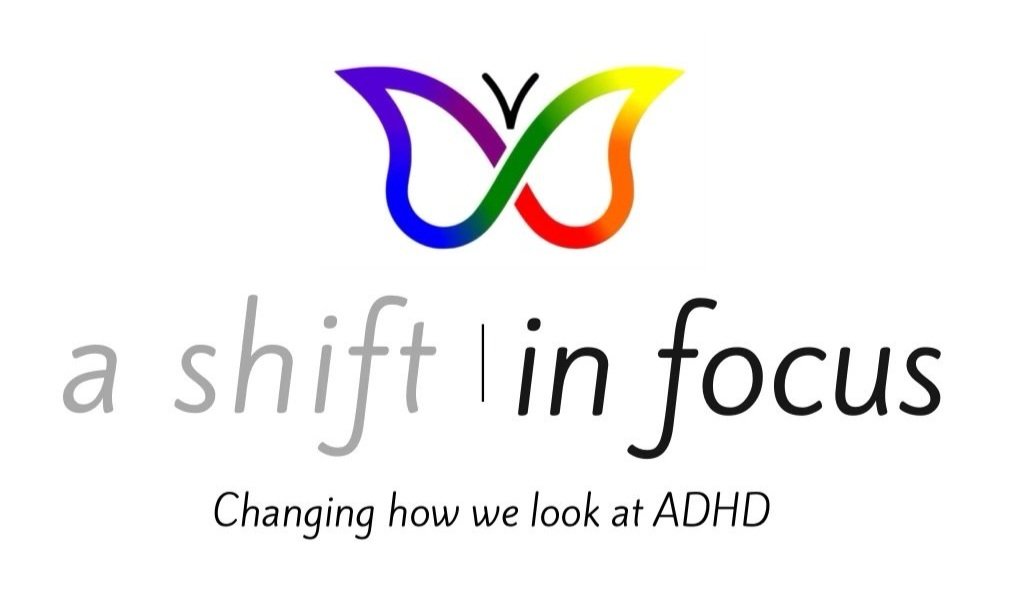Escaping a wildfire
Hello all!
I want to share my experience as a neurodivergent (ND) person who literally had to flee a wildfire. You may have never faced such a situation (and I truly hope you don’t!), but I think many of you can relate to the intense emotions of navigating life as an ND individual.
In March, my daughter, who is 24, and I, at 60+, found ourselves in a frightening situation when a wildfire threatened our home in Myrtle Beach, SC. My friend in the community told me that the banging on the door revealed the first responders had told her she had 4 minutes to evacuate her family, including two toddlers. Our evacuation came swiftly, and we had to make quick decisions about what to take. The chaos was overwhelming, especially for me as a neurodivergent person.. I felt a rush of anxiety and decision paralysis that made it difficult to think clearly. My patience was thin, and I could feel that old urge to emotionally react creeping in, which I often refer to as having an "emotional tsunami."
With my daughter, who has a severe chronic illness, two large and excitable Labradors, and two cats, packing became a challenge. We didn't have a lot of room to pack in the SUV, and I felt the weight of anticipatory grief for the memories tied to our home while struggling to balance my own fears while trying to support my daughter.
Once we checked into a local hotel, I found a small sense of relief. Realizing I could board our dogs gave me a chance to breathe and focus on calming my daughter. However, I also faced the reality of having to cancel several days of patient sessions, which made me feel guilty as if I should just “push through.” I communicated what was happening and took the necessary time to recover without guilt or shame.
When we returned home, we faced the aftermath of the wildfire, including the thick smoke that had invaded our space. I found that my ADHD often enables me to act well in a crisis, and this was no exception. I was able to stay focused and take decisive actions during the evacuation, ensuring my daughter and our pets were safe. After returning, I learned to make a Corsi-Rosenthal box to filter the smoke (which I'll be sure to post separately), which helped us breathe easier and brought a little comfort back into our lives.
For me, recovery looked like literally sitting, watching Netflix, and crocheting—allowing myself to just be without the pressure to do more. I realized that unmasking our need for recovery time is crucial; it’s perfectly okay and not shameful to still have unpacked suitcases filled with sentimental items. I haven't unpacked them not out of fear of the smoldering, 80% contained fires consuming us, but because my ND brain hasn’t had the desire or energy to tackle that task yet.
Throughout this experience, I discovered the importance of community in a new way. Leading up to the crisis, I had been working on building connections with local friends. When the fire broke out, that network became invaluable. We shared updates, checked in on each other, and supported one another, even in the middle of sleepless nights.
This experience reinforced two key lessons for me: community is essential, and ND overwhelm will happen. It’s okay to let yourself recover without any guilt or shame.
Key Takeaways:
Cultivate Your Community: Invest time in building and nurturing your support network consistently, as it can be invaluable during challenging times.
Practice Self-Compassion: Be gentle with yourself, especially when faced with stress. Acknowledge your feelings and give yourself grace.
Leverage Crisis Strengths: If you have ADHD, remember that you often thrive during crises. Embrace that ability and use it to your advantage.
Embrace Authenticity: Unmask when it feels safe to do so, and allow yourself to recognize and honor your struggles.
Prioritize Recovery: Make it a priority to take time for rest and recovery as needed. It's essential for your well-being. We need this anyway, throughout our days as ND people.
Understand It’s Temporary: Remind yourself that challenging situations will pass. Trust in your ability to navigate through them. This includes day to day moments of overwhelm
Give Yourself Permission to Pause: Allow yourself the freedom to postpone tasks, like unpacking that suitcase, without guilt.
Challenge the Fear of Inaction: Recognize that the belief that not doing something means it will never get done is often unfounded- even as ADHDers. It’s okay to take a step back.
Work with Your Energy: Acknowledge that your energy and capabilities will fluctuate. Learn to align your activities with your natural rhythms rather than fighting against them.
Thank you for being part of this journey with me. I hope sharing my story resonates with you in some way.
Take care,

